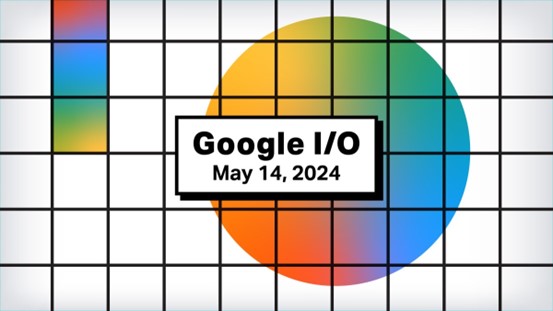Usage patterns of smart speakers strengthen Google’s position.
- Although Amazon remains dominant in terms of the installed base, the usage patterns are overwhelmingly in Google’s favour which I continue to believe will lead to its eventual victory.
- The latest survey by voicebot.ai reveals that 47.3m adults or 19.7% of the population now has access to a smart speaker which has grown from almost zero in just 2 years.
- Amazon Echo has 72% share of the installed base where Google Home has 18% and where the kitchen and living room are the most popular places for installation.
- It is now my view that Google will end up edging Amazon out of the digital assistant space as it has by far the better product and has sorted out its short comings with the developers of third party smart home products (see here).
- The one area where I think that Google has no chance is in shopping but interestingly, the usage statistics do not give Amazon a big advantage here.
- Asking questions, streaming music and checking the weather are by far the top three use cases with 70% – 75% of users doing these actions at least once per month and 33% – 42%, on a daily basis.
- By contrast, not many are using smart home products and almost no one is buying products.
- Smart home control is used by 30% at least once monthly and 21% on a daily basis while 12% buy something once a month with just 2% doing it on a daily basis.
- This is important as these two use cases are where Amazon has historically excelled which indicates that its current leadership position is much more about first mover advantage and its mighty position in retail.
- Furthermore, in the most used use case (questions) Google is far better than anyone else which should give it an advantage.
- This will become even more the case as the market for smart speakers moves away from own brand products into well known audio brands which will include one or more of the main digital assistants.
- At that point the battle between Amazon and Google becomes all about the software and the intelligence of the assistant and here Amazon is hopelessly outclassed.
- Finally, RFM has found (see here) that despite the increasing prevalence of smart speakers, the vast majority of all interaction with digital assistants is effected on smartphones where Amazon is not present in any meaningful way.
- Hence, it is Google that will be generating all of the traffic and for any AI system, data is the key to improvement.
- This means that Google Assistant should be able to improve more quickly than Amazon Alexa and therefore I expect that the gap between the two will widen in the coming months.
- The net result is that this remains Google’s race to lose as I continue to think that Google has Amazon soundly beaten, the results of which I expect to see over the coming 24 months.









Blog Comments
Anthony Bardaro
March 9, 2018 at 10:45 pm
“The one area where I think that Google has no chance is in shopping but interestingly, the usage statistics do not give Amazon a big advantage here.”
Given the use case, shopping/ecommerce isn’t much of a competitive disadvantage for Google Home vs Amazon Echo/Alexa (as you mentioned). At the same time, Google’s made great effort to hedge that risk — quite neatly, by the way, considering Google’s DNA:
https://techcrunch.com/2017/10/12/target-expands-partnership-with-google-on-voice-shopping-google-express/